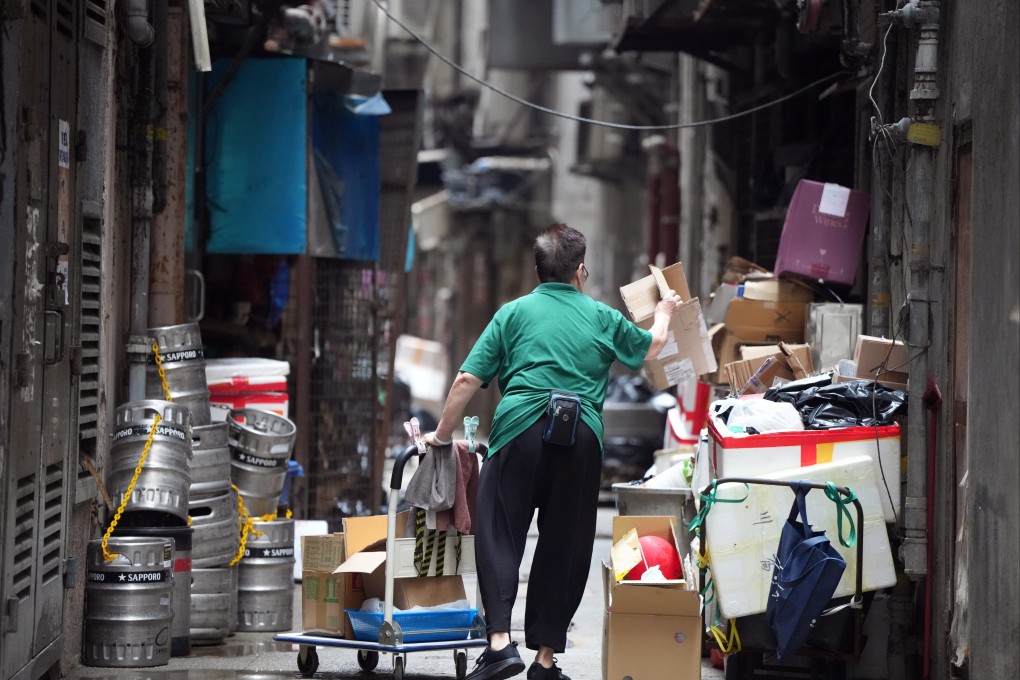Letters | Cleaners play a vital role in Hong Kong’s recycling economy
- Readers discuss a way to minimise household waste charges, the library’s move to allow users to borrow more books, and what Hong Kong shops must do to keep their customers

The implementation of the waste-charging scheme has sparked discussion of Hong Kong’s capacity – or lack thereof – for recycling. Contrary to the popular opinion that the city does a poor job of recycling, we are actually quite successful in some areas: we recycle 42 per cent of our used paper, and 92 per cent of our waste metal, including aluminium cans, thanks to the efforts of a dense network of cleaners. We need to do better when it comes to other materials, such as plastics.
In addition to the estimated 2,897 scavengers who collect cardboard and other material in the streets, 13,200 street cleaners, 72,700 estate cleaners and 338,189 foreign domestic helpers – over 10 per cent of our working population – are engaged in handling our waste. Many cleaners separate and store material for sale to recyclers who collect it at regular times.
Few buildings have dedicated rooms for storage of recyclable material. The space used by cleaners for sorting and storage of material to be sold to recyclers is often an informal arrangement. Worse, most buildings do not have dedicated rooms for cleaners to prepare lunch, change their clothes or rest either; often they use the corners of refuse collection rooms.